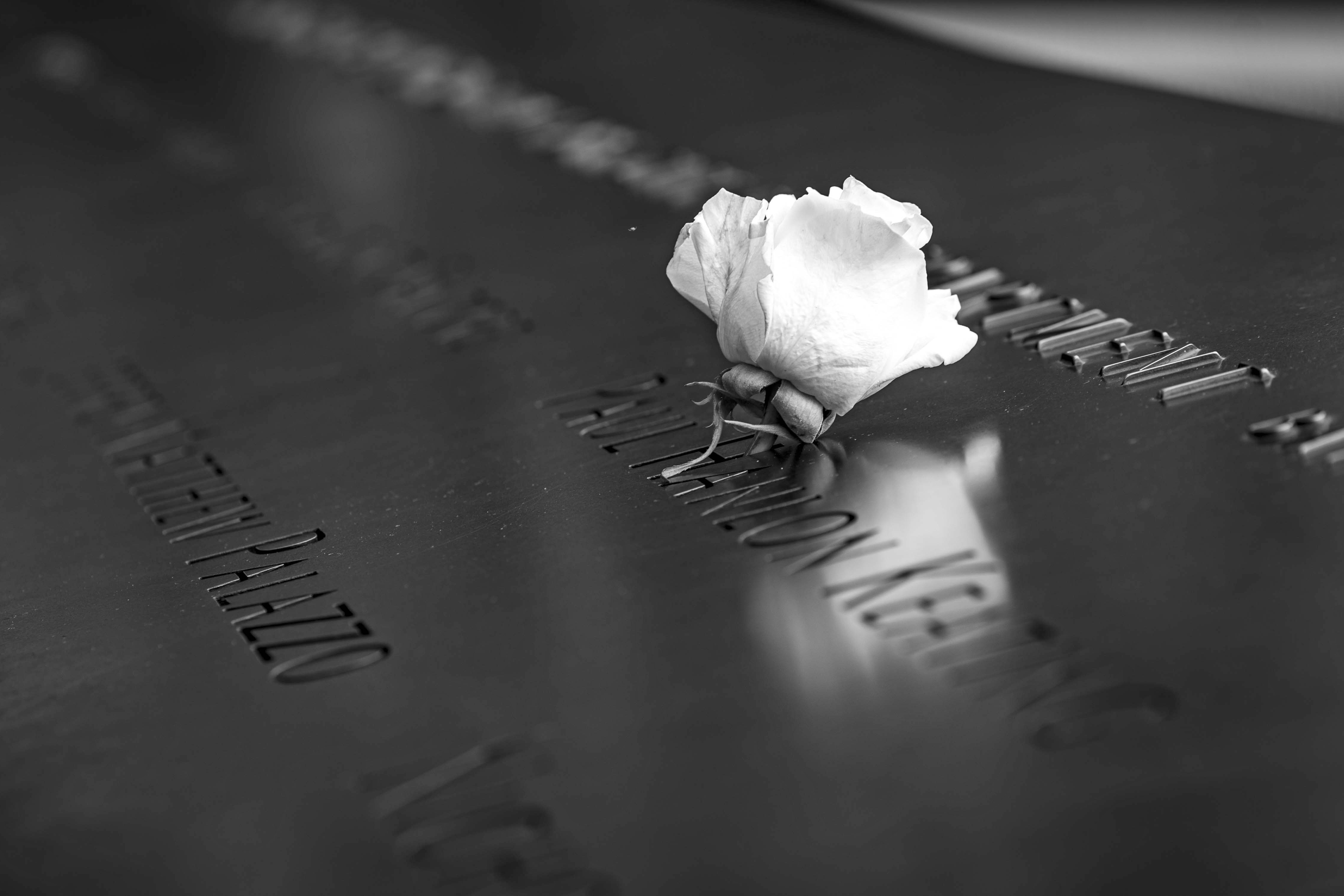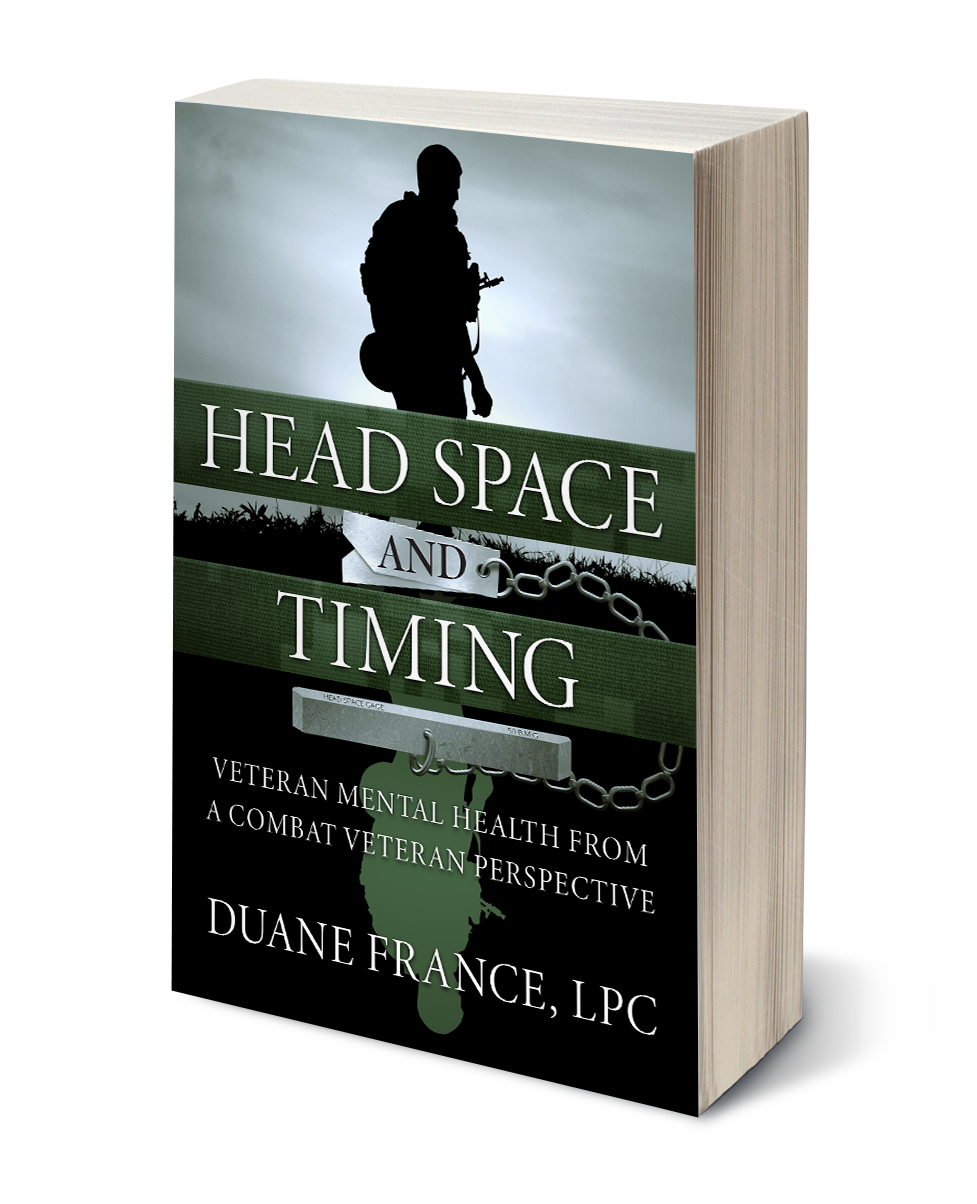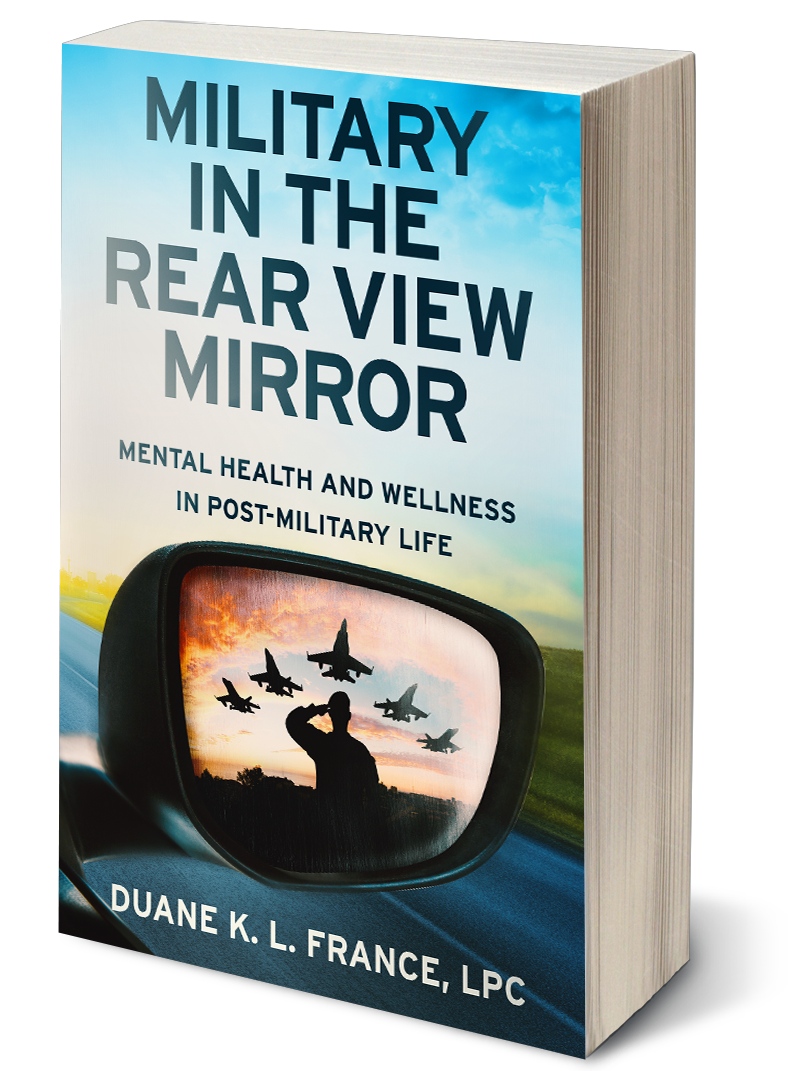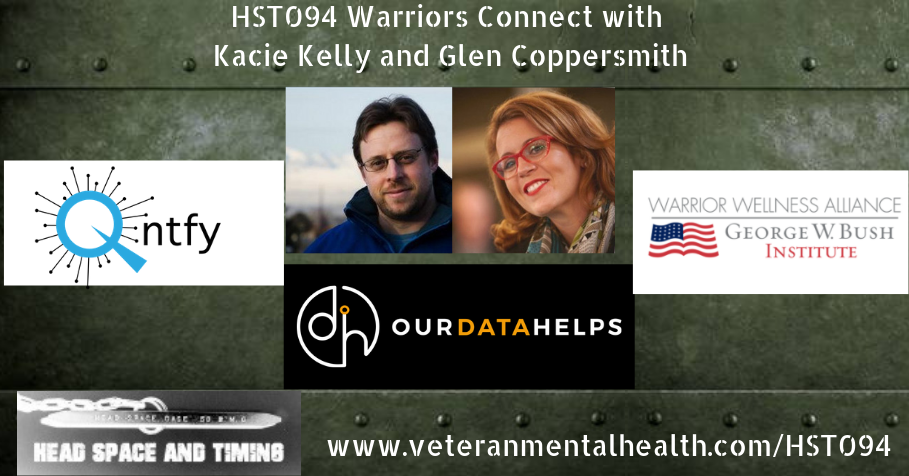
Sept. 4, 2019) A white rose rose is placed on the 9/11 Memorial pools at the names of the victims whose birthdays would have been celebrated on that day. (U.S. Navy photo by Mass Communication Specialist 1st Class Sarah Villegas)
And I said, “Fly on my sweet angel” – Jimi Hendrix
The day before it happened, two days before, you had no idea that your life was about to change. It came as a shock, and unbearable truth that you couldn’t avoid: the tragic loss of someone you cared about.
Death is sometimes hard to come to terms with. For service members, maybe not their own death…many of us accepted that, theoretically, when we joined the military or deployed to combat, and then we accepted that practically as a likely possibility if faced with direct action. The death of others, though…a friend in combat, or a loss to death by suicide…is harder to deal with.
There are times throughout the year that may be more difficult for us than others. Maybe it’s the anniversary of the event, or maybe it’s the person’s birthday. The pain of loss changes over time…the closer it is to the event, the pain is sharp and strong. As time passes, maybe the sharpness leaves, but there is a dull ache, a hole inside of you, an empty sadness that weighs you down. How we address these memorial moments can make a difference in how long the sharp pain lasts, or how far down the empty sadness takes us.
Remember the Life, Not the Loss
One of the things that has helped me through unexpected traumatic loss…a fellow Soldier in combat, several deaths by suicide or overdose, and the unexpected death of a family member…is to remember the life that was lived rather than focusing on the manner of loss. If we look at the loss as a snapshot, then we are going to focus on nothing but that loss. If, instead, we look at the loss as one frame of the larger movie of that person’s life, then we are going to recognize that it is only a part of an entire series. A painful part, sure, and one that we wish didn’t happen, but wishing it to be so doesn’t make it so.
And the person’s impact on you doesn’t stop when they’re gone. Their memory lives on, you talk about them. Perhaps their loss has an influence on decisions you make later on in life, and maybe lessons you pass on to others. I lost a friend to an alcohol-related accident in 1994…my kids know his name, and how much I miss him. There’s a song that comes on the radio that was played at his memorial service, and I think of him every time…twenty-five years past, and I still think of him. But I remember the life, not the loss.
Responsibility or Blame is Not Helpful
Whether or not the loss was anyone’s fault, assigning blame can get in the way of healing from the loss. Maybe you blame yourself for decisions you made which were one in a chain of events that led to the loss: I certainly felt that way for a long time, and still do to some extent. Or maybe you blame yourself for actions surrounding the loss…that you should have acted in this way, or that way. That you should have seen it coming, or you should have reached out or said something different. That’s our way of wishing things were different.
Maybe the responsibility or blame you are assigning is on the person who is gone. This might be common with someone who died of an overdose, or a death by suicide. Our negative judgement of their actions can lead to anger towards them, maybe a bitterness towards them and how you lost them. Like self-blame and judgement, holding on to the bitterness towards them is not helpful either. Acceptance of the loss is important, and acceptance of how our lives have changed after that loss is also important; blame can get in the way of that acceptance.
You’re Not “Supposed” to Feel a Certain Way
When addressing loss, many people refer to Kubler-Ross’ Stages of Grief model: Denial, Anger, Bargaining, Depression and Acceptance. The idea is that someone has to go through different stages of grief before they finally get to that place of acceptance. Those stages are certainly familiar to those of us who have experienced loss in our lives, especially unexpected traumatic loss. But that does not mean that there is one “right” way to grieve, that it is , “Step One: Deny that it happened. Step Two, Be angry that it happened…” etc. I have veteran clients who go straight to acceptance without experiencing any of the others, while some clients get stuck in anger or depression. I have personally experienced these different stages different times, and memorial moments can cause me to revisit them to a greater or lesser degree.
This article looking at the shortcomings of the stages of grief model demonstrates that our response to loss is not a simplified linear process. Our private grief is complicated, and thinking that we “should have gotten over it by now”…or, perhaps even more problematic, someone else thinking that we should have gotten to the point of acceptance…can make things worse. There’s no rule or law that says we should feel a certain way about the unexpected traumatic loss of someone we care about…our private grief is exactly that. Ours, and private.
Preparation
One of the most important things is to be aware of those times where your response to loss may be more significant than others. The anniversary of the loss, or a birthday or other significant event. Holidays. The year after we lost my father, every event became “the first since…” The first Father’s Day without him. The first Thanksgiving and Christmas, etc. In preparing for the feelings of loss and grief, we can respond appropriately. Let those around us know that this is a difficult time for us. Let them know that we may be off our game for a little while.
By preparing for the memorial moments, we can be better prepared to celebrate the life of the one we lost, rather than constantly and consistently mourn their loss. In this way, their legacy will live on in the fond memories we have of them.
Sign Up for Updates
Subscribe to get added to our content distribution list, and each week you’ll receive our newsletter that contains links to our weekly video, blog, and podcast.
Do you want to help offset some of the costs of the Head Space and Timing Blog and Podcast? Want to show your appreciation and support? You can put some paper in the tip jar by going hereor clicking the button below
 Want to learn more about veteran mental health? The first HS&T Book has recently been released in paperback. Click on the image to the left or this link to purchase the book. See what people are saying about it: This compilation of Duane’s work is key and essential to anyone working with Soldiers and Veterans. Duane provides a senior NCO’s perspective with unmeasurable experience and knowledge on top of his natural gift for seeing numerous levels of humanality and the challenges faced by those who have served our country. I highly recommend it! – A.C.
Want to learn more about veteran mental health? The first HS&T Book has recently been released in paperback. Click on the image to the left or this link to purchase the book. See what people are saying about it: This compilation of Duane’s work is key and essential to anyone working with Soldiers and Veterans. Duane provides a senior NCO’s perspective with unmeasurable experience and knowledge on top of his natural gift for seeing numerous levels of humanality and the challenges faced by those who have served our country. I highly recommend it! – A.C.


